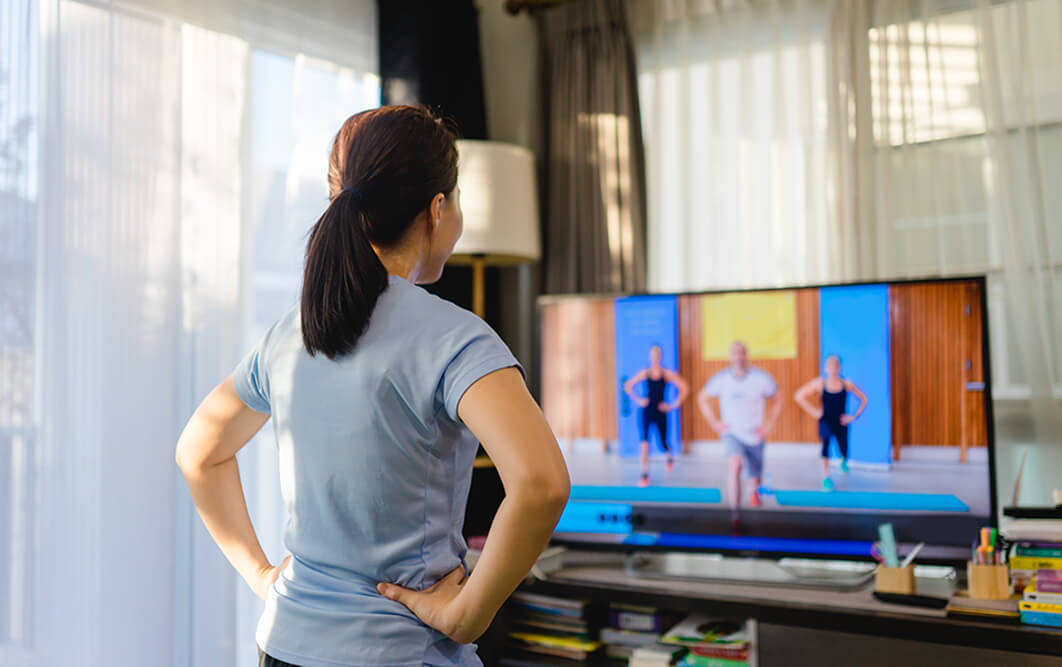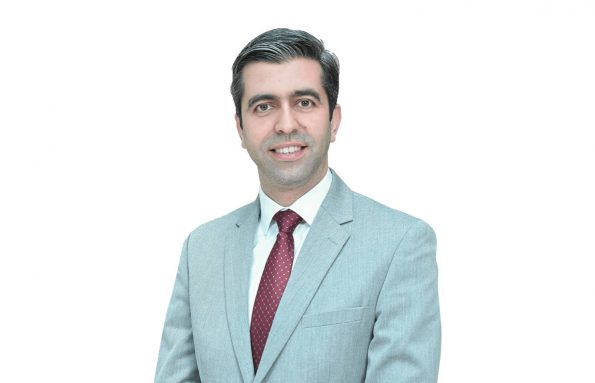While fasting during Ramadan can bring immense benefits, maintaining physical activity and fitness can sometimes pose a challenge. However, with the right approach, it’s possible to incorporate low-intensity workouts into your daily routine to stay active and healthy during this sacred time.
Low-intensity workouts: Low-intensity workouts are gentle exercises that elevate your heart rate without pushing your body to its limits. These workouts are perfect for Ramadan as they provide a way to stay active while respecting the limitations posed by fasting. Low-intensity exercises include walking, yoga, tai chi, swimming, and gentle cycling.
- Schedule your workout sessions during non-fasting hours, such as early morning before Suhoor or in the evening after Iftar. This allows you to stay hydrated and replenish your energy before and after exercising.
- Pay attention to how your body feels during fasting hours. If you feel tired or lightheaded, it’s best to postpone your workout to a later time or opt for gentler activities like stretching or meditation.
- Be sure to drink plenty of water during non-fasting hours to stay hydrated and support your body’s recovery after exercise.
- During Ramadan, focus on maintaining a consistent workout routine rather than pushing yourself to the limit. Even short, daily sessions of low-intensity exercise can have significant health benefits.
- Listen to your body and adjust the intensity of your workouts accordingly. If you’re feeling particularly tired or weak, consider reducing the duration or intensity of your exercise session to avoid overexertion.
When to see a doctor: Knowing when to seek medical attention related to low-intensity workouts during Ramadan is essential for ensuring your safety and well-being. Suppose you experience persistent symptoms such as dizziness, fainting, chest pain, excessive fatigue or thirst, severe headache, nausea, or shortness of breath during or after exercising. In that case, it’s important to consult a doctor.
Additionally, if you sustain a musculoskeletal injury, such as a strain or sprain, that causes persistent pain, swelling, or limited mobility, consult a doctor for proper diagnosis and treatment.
Why SSMC?
At
SSMC, we understand the importance of staying active and healthy during Ramadan. Our team of health care professionals can provide personalized guidance and support to help you incorporate low-intensity workouts into your daily routine safely. Whether you need advice on exercise modifications, meal planning, or general wellness tips, we’re here to help you navigate through the month of Ramadan with confidence.
Book Appointment
800 7762
Book Appointment
800 7762






